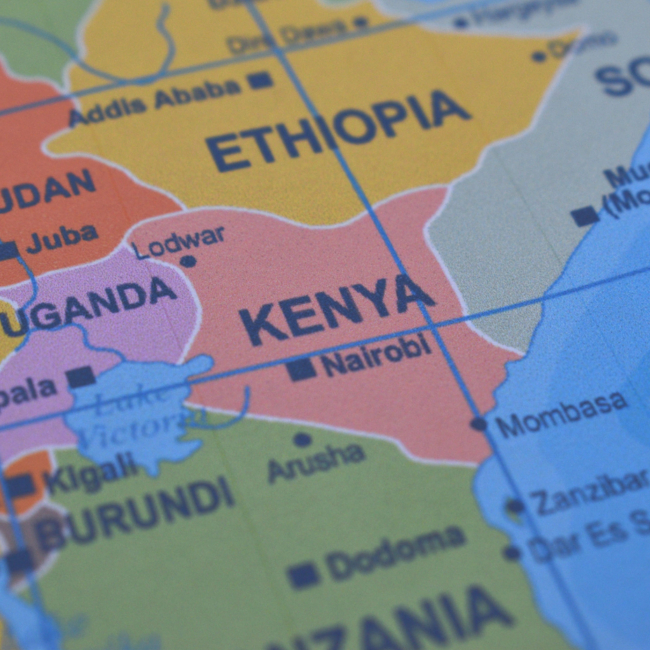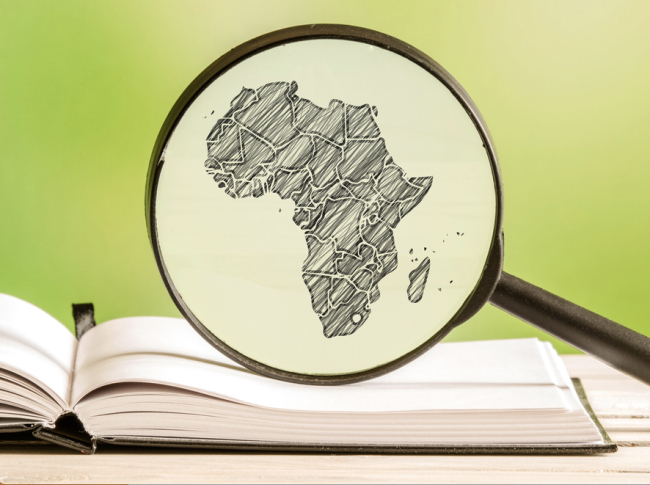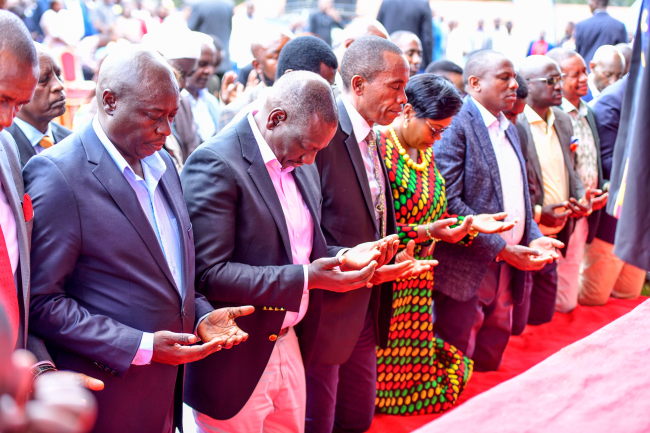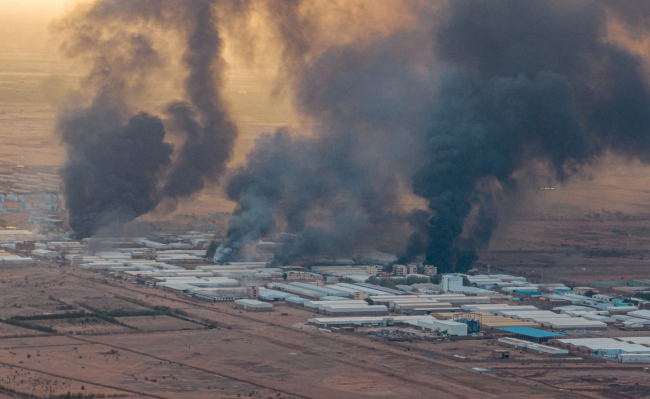The national DDR policy for Boko Haram ex-combatants in the Extreme North of Cameroon. Issues, challenges and limits
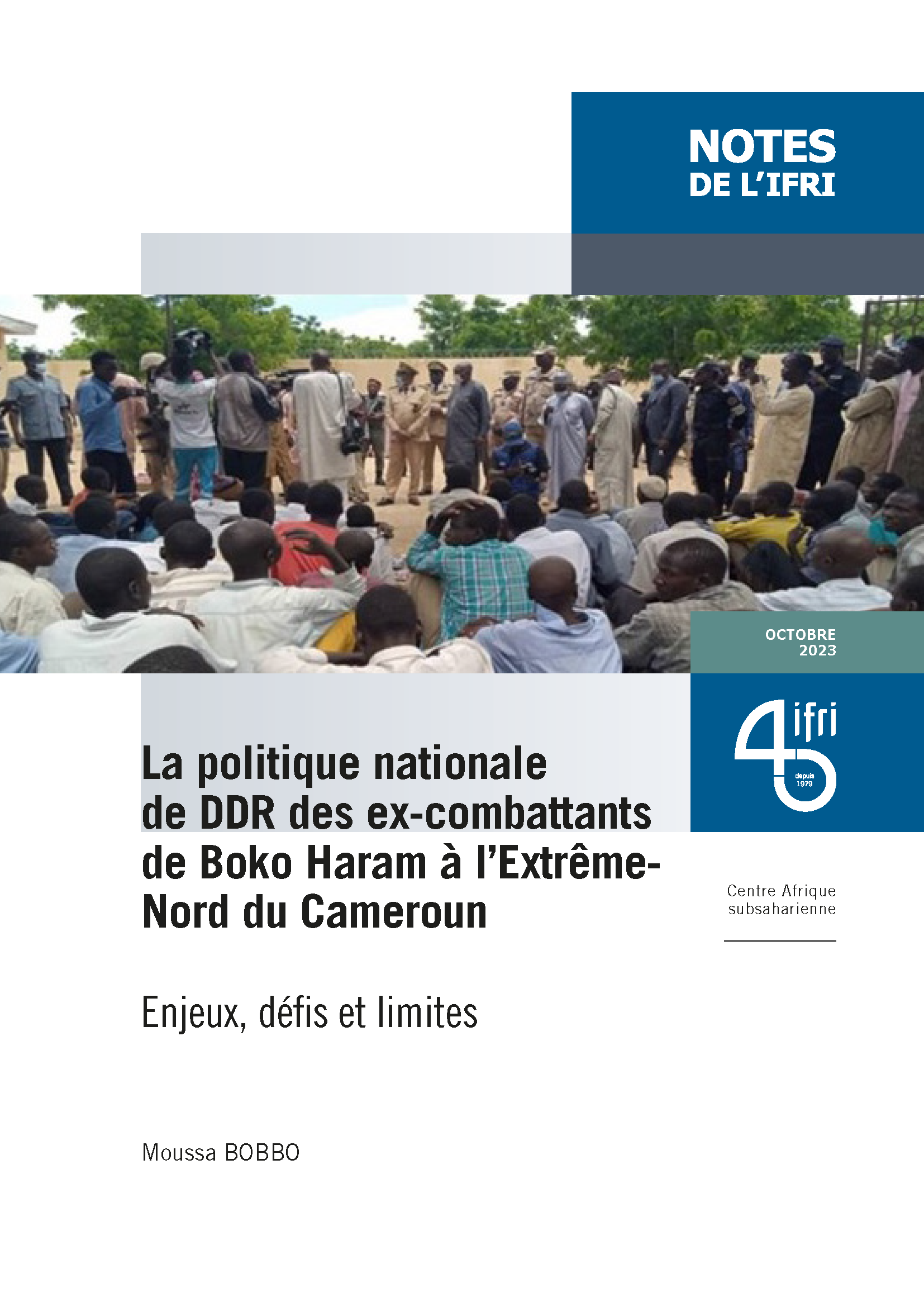
Surprised and harassed by Boko Haram’s atrocities from mid-2013, the Cameroonian authorities initially responded with strong military and judicial responses that helped to contain the threat and regain control of the situation.
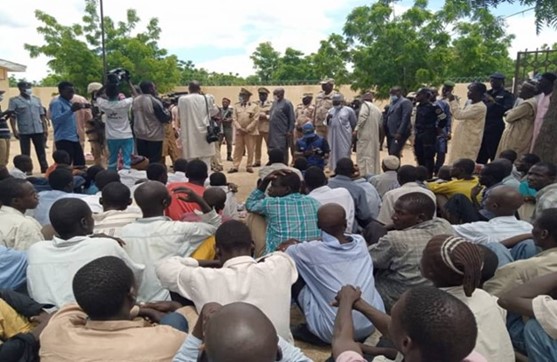
After the escalation of violence, which reached its peak around 2015 with thousands of deaths, the authorities, criticized for their purely military approach to managing this crisis, joined the chorus of countries in the Lake Chad basin by putting in place a policy of taking care of ex-Boko Haram fighters who had defected.
Defined in a regional strategy for the Lake Chad Basin, this care is provided through a national Disarmament, Demobilization and Reintegration (DDR) program created in 2018 and applied across the Far North province. Unfortunately, due to a lack of political will and funding, the implementation of this program is extremely deficient, to such an extent that the fate of Boko Haram ex-combatants in Cameroon remains unclear and undecided despite the stated reintegration policy.
Note produced by Ifri for the Directorate General of International Relations and Strategy (DGRIS) of the French Ministry of the Armed Forces as part of the East and Central Africa Observatory in partnership with the French Institute for Research in Africa (IFRA-Nairobi)
This content is available in French: La politique nationale de DDR des ex-combattants de Boko Haram à l’Extrême-Nord du Cameroun. Enjeux, défis et limites

Available in:
Themes and regions
ISBN / ISSN
Share
Related centers and programs
Discover our other research centers and programsFind out more
Discover all our analysesThe Revenue Sources Sustaining Sudan’s Civil War. Lessons for the year 2023
Wars require money and resources, and often, most conflicts involve controlling sources of income and supply lines or denying them to enemies. This has been the case in Sudan’s past conflicts and is again as the civil war—between the Sudan Armed Forces (SAF), commanded by General Abdelfattah al-Burhan, and the paramilitary Rapid Support Forces (RSF), commanded by General Mohammed Hamdan Daglo “Hemedti” —has sunk into a protracted conflict.
Anglo-Kenyan Relations (1920-2024) : Conflict, Alliance and a Redemptive Arc
This article provides an evidentiary basis for postcolonial policy in its analysis of Anglo-Kenyan relations in a decolonization era.
Kenya’s Spiritual President and The Making of a Born-Again Republic: William-Ruto, Kenya’s Evangelicals and Religious Mobilizations in African Electoral Politics
Over the last two decade, the growing influence of Evangelicals and their leaders in electoral politics is one of the most significant developments in the East African region and the Horn of Africa. Their numerical and demographic growth seems to go together with their growing influence in these countries’ political scenes, especially in the spheres of electoral politics, society, and governance.
Gulf States: A Paradoxical Economic Lifeline for Sudan
For decades, Gulf states have provided crucial financial assistance to Sudan. Gulf interest in Sudan is driven by economic benefits and geopolitical competition, though each country has its own interests and approach.






